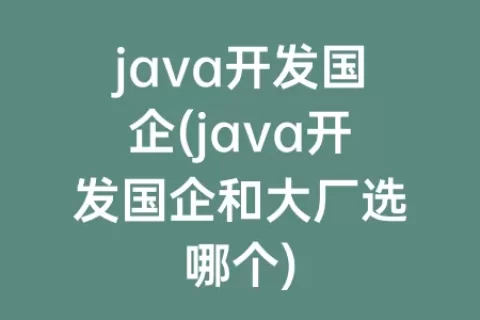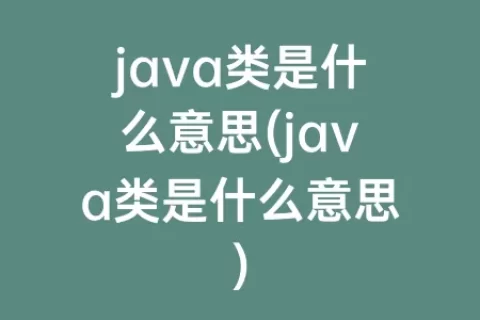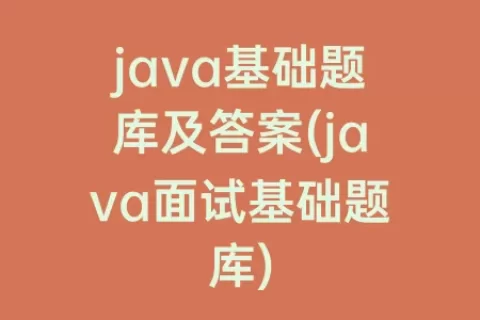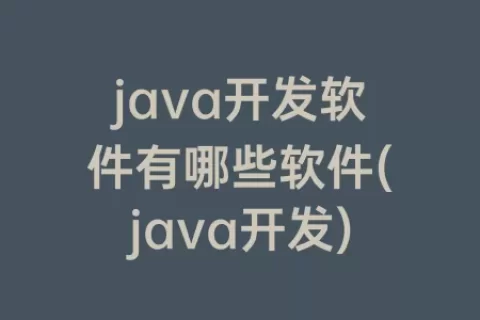Introduction
Java is an object-oriented programming language that allows developers to create classes and objects to solve problems. Two important concepts in Java programming are method overloading and overriding. These concepts are similar in name but have different meanings and use cases. In this article, we will provide an overview of these concepts and their differences.
Method overloading
Method overloading is the process of creating multiple methods within a class with the same name but different parameters. The parameter list can vary by the number, type, and order of parameters. The Java compiler differentiates between the methods based on the parameters passed in a method call. The main advantage of method overloading is to improve code readability and reduce code redundancy. When a method is called with varying sets of parameters, the appropriate method is automatically called based on the order, type, and number of the parameters. Method overloading does not change the behavior of the method, only the way the method is called.
Method overriding
Method overriding is the process of creating a method in a subclass with the same signature as the method in the super class. The method in the subclass should have the same name, return type, and parameter list as the method in the superclass. Method overriding is used to provide a new implementation of a method inherited from a superclass. The main advantage of method overriding is that it allows the subclass to provide its own implementation of the method. This means that the subclass can have its own behavior that is different from the superclass. Method overriding is used to implement polymorphism in Java programming.
Difference between method overloading and overriding
The key difference between method overloading and overriding is that method overloading occurs within the same class, while method overriding occurs in a subclass. Method overloading is used to provide multiple methods with the same name and different parameters, while method overriding is used to provide a new implementation of a method in the subclass. Method overloading is used to improve code readability and reduce code redundancy, while method overriding is used to implement polymorphism and provide a new implementation of a method in the subclass. Method overloading does not change the behavior of the method, only the way the method is called, while method overriding changes the behavior of the method in the subclass.
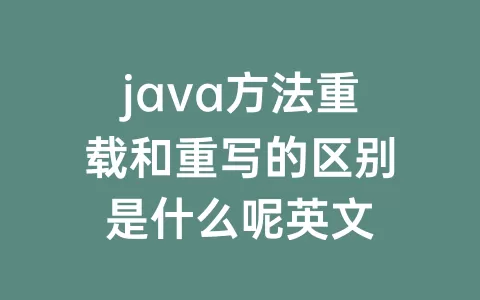
Conclusion
Method overloading and overriding are important concepts in Java programming. Method overloading is used to provide multiple methods with the same name but different parameters, while method overriding is used to provide a new implementation of a method in the subclass. The key difference between method overloading and overriding is that method overloading occurs within the same class, while method overriding occurs in a subclass. Understanding the differences between these concepts is important for Java developers to write efficient and maintainable code.
本文来自投稿,不代表亲测学习网立场,如若转载,请注明出处:https://www.qince.net/javaucjava.html
郑重声明:
本站所有内容均由互联网收集整理、网友上传,并且以计算机技术研究交流为目的,仅供大家参考、学习,不存在任何商业目的与商业用途。 若您需要商业运营或用于其他商业活动,请您购买正版授权并合法使用。
我们不承担任何技术及版权问题,且不对任何资源负法律责任。
如遇到资源无法下载,请点击这里失效报错。失效报错提交后记得查看你的留言信息,24小时之内反馈信息。
如有侵犯您的版权,请给我们私信,我们会尽快处理,并诚恳的向你道歉!


